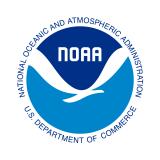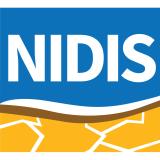2021 Ecological Drought Webinar Series
Drought has traditionally been viewed in terms of its agricultural, hydrological, and socioeconomic impacts. However, this does not fully address the impacts to ecosystems, and the critical services they provide to humans. In 2017, an Ecological Drought Framework was developed by the U.S. Geological Survey in conjunction with the Nature Conservancy and the Wildlife Conservation Society that intentionally considers the interconnectedness of nature and humans. The objective of this framework is to identify drought policy and natural resource management strategies that are mutually beneficial.
The National Integrated Drought Information Center (NIDIS) and the U.S. Geological Survey National Climate Adaptation Science Center (NCASC) co-organized a series of four webinars in early 2021 to raise awareness of ecological drought and share new research and practical actions to strengthen ecosystem resilience to drought. These webinars introduced the ecological drought concept, and explored how to incorporate ecological drought in planning for ecosystem resilience, wildfire management, and vibrant coastal ecosystems. The series included speakers from the research community, tribal nations, and government agencies.





